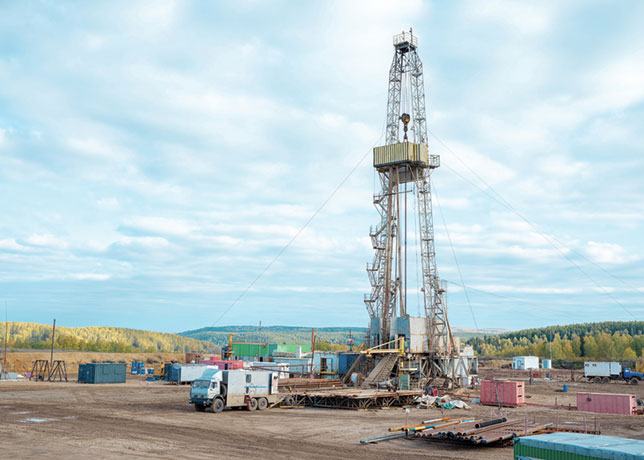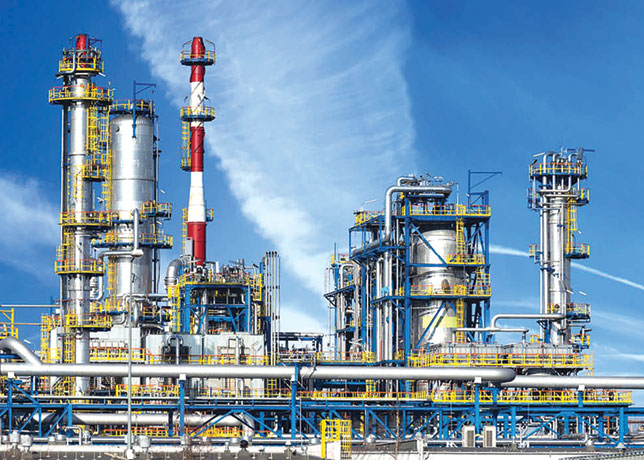
 Melrose Arch is a model district for sustainability in South Africa
Melrose Arch is a model district for sustainability in South Africa
As South Africa migrates to an off-grid economy, one mixed-use precinct is leading the way with its sustainability prowess.
Melrose Arch has a thriving waste separating facility, underground cooling plant, gardens and rooftop solar system, providing its hotels, businesses and residential properties with an unparalleled experience.
Phase 1 of the development opened in 2001 with 11 buildings, but has since expanded to house 106,000 sq m office space, 39,000 sq m retail space, 17,000 sq m hotel space, 29,000 sq m of residential and conferencing space, and 8,600 sq m accommodating health clubs. The integration of sustainability operations has expanded parallel to the 199,600 sq m.
A super basement connects all areas of the precinct and has parking making walking on street level is safe and pleasurable.
The precinct has over 700 trees planted within its border, as well as five internal garden spaces creating green lungs for residents and tenants to enjoy.
Melrose Arch’s 24/7 operational waste separating facility separates food, paper, metals, plastics and glass, and sends these for recycling.
The food waste is sent directly to the Urban Farms Recycling Centre, where it is converted into organic fertiliser.
In February 2024, 88 per cent of the 92.578 tonnes of waste collected was recycled, while 77,303.58 cu m of CO2, 712,447.19 L of water and 312,494.50 kWh energy was saved.
Melrose Arch also boasts its own 1,471 sq m underground district cooling plant with a nameplate capacity of 4,324.74 KW, and includes 8 chillers, 12 cooling towers and 5 building water pumps.
The precinct’s rooftop solar system with 7,811 solar panels generates 3.2 MW of clean energy annually.
A study is underway to expand clean energy supply by a further 3 MW per annum.
Melrose Arch is also investigating a battery plant, which will provide the precinct with up to 4 hours of standby energy in the event of outages.
The precinct also has two sources of underground water. Through its water treatment plant, water is filtered and cleansed before being converted to potable water.
Last year, the precinct saved 3,500,000 litres of water.
"Melrose Arch's prominence in the commercial and residential sector is underpinned by its robust operational sustainability integration that includes solar power, waste separation, a cooling plant, water backup and more," says Reiner Henschel, Operations Director at Melrose Arch.








































































